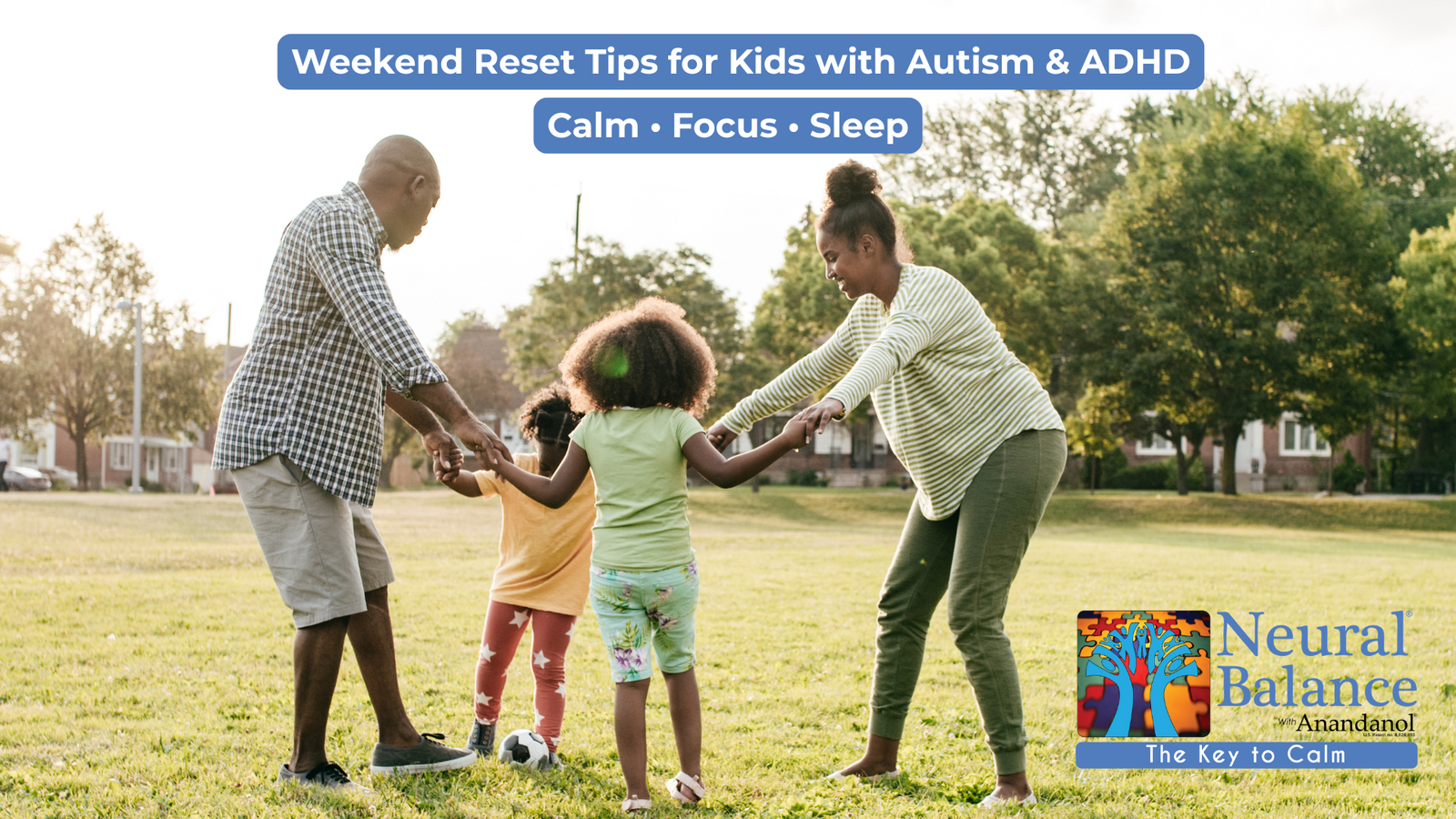One of the most prominent challenges for children with behavioral issues such as ADHD or autism is being able to maintain attention. This challenge can affect all aspects of life, from connecting relationally to performance in school. While this deficit in focus can appear to be an impairment, a more modern understanding shows that children with behavioral issues are highly capable of highly focused attention to their interests. Here are a few strategies to help broaden your child’s concentration skills in everyday activities.
Engage Your Child’s Interests
When building skills in concentration and attention, it is always best to start by figuring out what your child’s interests are. It could be anything from a subject like cars, to activities such as making paper airplanes. Try to make these activities social for your child. Plan a dinner discussion about everyone’s favorite cars or build paper airplanes together as a family or with neighbors. You can also try to incorporate their interests into school activities or daily chores.
Use Interests to Help with Eye Contact
Eye contact is an important skill to learn for effective social communication. This doesn’t come very naturally to children with behavioral issues and usually takes some intentional strategies to adapt to. One way to do this early on is to call your child’s name with something interesting to them close to your eyes. If you move this object closer, eventually they will make eye contact and associate it with their name being called.
Practice Imitation
During playtime, try imitating your child’s words or actions. This will catch their attention and engage their curiosity. You can turn this into a routine game where each player takes turns imitating each other. Children with behavioral issues often find this fun, and it can be a perfect way to get them excited about paying close attention to other’s actions.
Practice Goal-Oriented Activities
Try incorporating activities and games into their daily schedule that have a defined end goal that is rewarded. This could include finishing a drawing, completing a cleaning task, or searching for a reward with a scavenger hunt. Having a goal in mind to receive a reward helps to practice maintaining focus throughout the activity without getting distracted. In addition to providing practical rewards, be sure to offer lots of praise whenever you notice your child making improvements with their focus in order to help them recognize their achievements.






